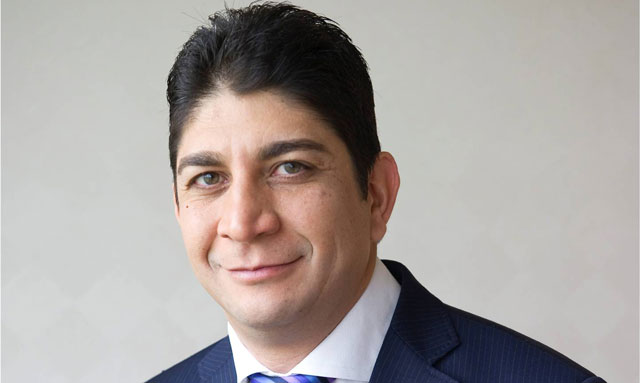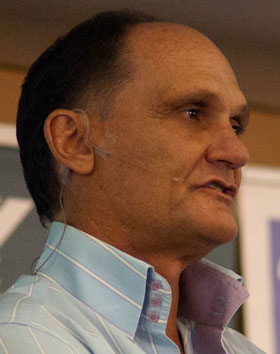
Vodacom CEO Shameel Joosub has cautioned the Independent Communications Authority of South Africa (Icasa) against rushing into further cuts in wholesale call termination rates before a “proper study” has been conducted to determine an appropriate level.
Without naming the company, Joosub has said, too, that Cell C does not deserve a special dispensation in termination rates whereby it pays less to rivals Vodacom and MTN than the other way around for calls flowing between their networks.
Call termination rates are the fees the mobile operators charge one another to carry these cross-network calls. Regulators worldwide are forcing them down in an effort to promote competition and encourage a reduction in retail prices. In South Africa, they have fallen from a high of R1,25/minute in peak times a few years to 40c/minute now, helping spark a retail price war.
Icasa, which oversaw a three-year glide path of reductions that ended on 1 March 2013, last week raised the idea of reducing the rates to as low as 15c/minute in future. It says it is far from convinced that the cuts to date have been sufficient and plans to conduct an urgent market review to determine if further cuts should follow in 2014 and beyond and, if so, the size of those reductions.
The authority says it sees “no reason why mobile termination rates should not be in the region of 15c to 25c, based on benchmarks set by South Africa’s peers in Africa and the rest of the world” and believes it is also “conceivable that termination rates should tend towards zero over time”.
But Joosub urges caution, saying it’s important to consider the development of the industry and its goals. He says the 2012 cut in termination rates cost Vodacom R392m in revenue. “Mobile termination rates will probably still come down, but the pace at which you do it is important,” he says. “This is an emerging market, a developing economy. You need to provide coverage in rural areas and so on. Will termination rates continue to come down? Yes, but the pace needs to be controlled. Icasa needs to [consider] all factors before deciding on the pace at which it comes down.”

He disagrees with Icasa’s suggestion that termination rates could tend towards zero over time. “The next glide path needs to take where we are and what we need to achieve, so a proper study needs to be done. Then we need to sit down and agree to a new glide path that reflects all of the things we need to achieve as a country.”
Without naming Cell C, Joosub has also hit out the Vodacom rival over its request to Icasa that it continues to enjoy “asymmetry” in termination. Cell C and Telkom-owned 8ta enjoy a 10% price advantage in the wholesale fees for calls carried between their networks and those of MTN and Vodacom. The asymmetry advantage is down from 15% last year and 20% the year before.
Cell C CEO Alan Knott-Craig wanted Icasa to halt last Friday’s reduction in termination rates so that an urgent review could be done to determine the efficacy of the regulations governing them. Icasa turned down the request.
“Operators need to stop hiding behind fact that they are not investing in their networks and then trying to get the bigger networks to subsidise them,” Joosub says in clear reference to Cell C. “If you want to compete … you need to put the capital investment in.”
He adds that asymmetry is typically used only for new operators. “New players like 8ta should definitely have asymmetry, but old players that have been around for 10 years — 12 or 13 years, in fact — cannot be using the argument of asymmetry. They have to put in the investment to get the return.” — (c) 2013 NewsCentral Media




